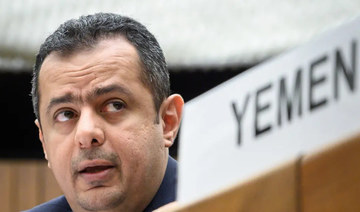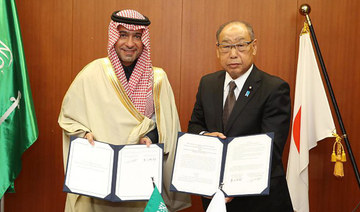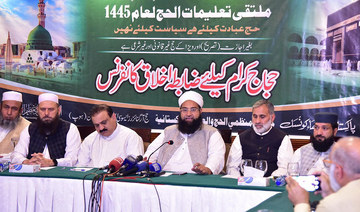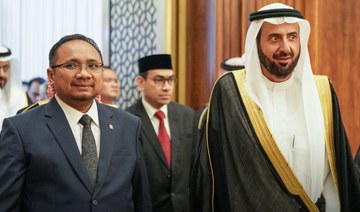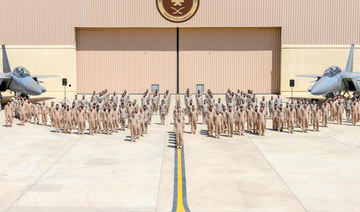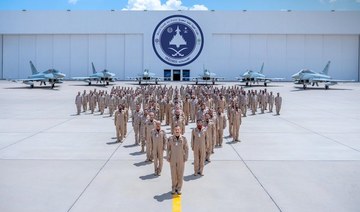SHAHRINAV: The Saudi Fund for Development (SFD) Chief Executive Officer, Sultan Al-Marshad, officially inaugurated today in Tajikistan, Shahrinav School, with the Deputy Minister of Education and Science of the Republic of Tajikistan, Abdullzoda Ziyodullo.
The school was inaugurated as part of the fourth phase of the “Constructing and Equipping of Secondary Schools” project in Tajikistan, for which SFD had previously made a contribution of $35 million USD, and which will benefit 25,000 students in the country.
Attending the inauguration ceremony were the Representative of the Government of the Republic of Tajikistan, Akramzoda Mahmadyusuf, the Saudi Ambassador to Tajikistan, Waleed Alreshiadan, the Chairman of Shahrinav district, Valizoda Abduqodir, and the Director of PIU, Vohidzoda Umeda, alongside other officials from both sides.
The new school will contribute toward meeting the country’s educational needs, and will accommodate 36 classrooms and 620 students. It is one of 34 new schools built as part of the fourth phase of the project.
Additionally, it will contribute toward the achievement of the UN SDGs, specifically SDG 4, Quality Education, and SDG 8, Decent Work and Economic Growth.
The Deputy Minister of Education and Science of the Republic of Tajikistan, Abdullzoda Ziyodullo, said: “I would like to thank the Kingdom of Saudi Arabia for the development support they have provided in the education sector, through SFD. Education is vital toward supporting Tajikistan’s development plans, and is closely tied to socio-economic growth in our country, and the prosperity of our people.”
On his part, the CEO of the SFD, Sultan Al-Marshad, said: “SFD believes in the importance of education, which is key to empowering all students. It raises their competencies, develops their skills, enhances their capabilities, and qualifies them for vital opportunities in their lives. This school’s inauguration is part of a broader educational project, aimed at enhancing the educational landscape of Tajikistan across the entire country.”
The school’s inauguration comes as a continuation of SFD’s support toward Tajikistan’s education sector. SFD has financed 4 development projects in the education sector to construct and equip 57 secondary schools across 4 phases, in different regions, with a total funding amount of $75 million USD. SFD has financed 12 development projects in Tajikistan, worth over $193 million USD, in different key sectors.





